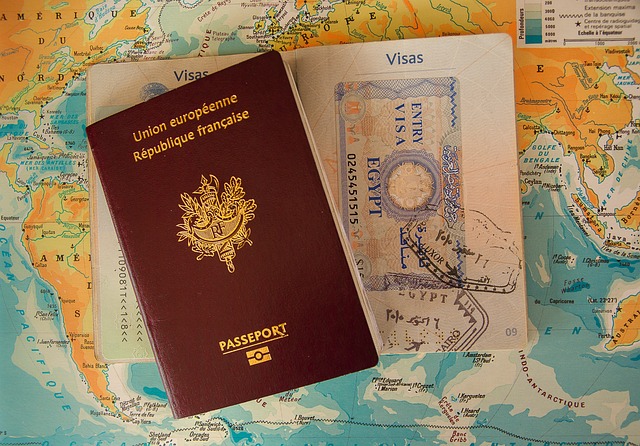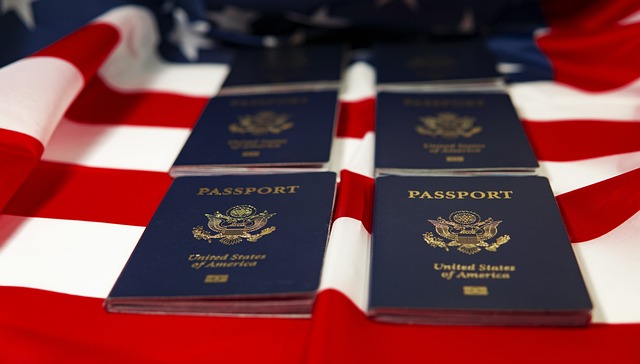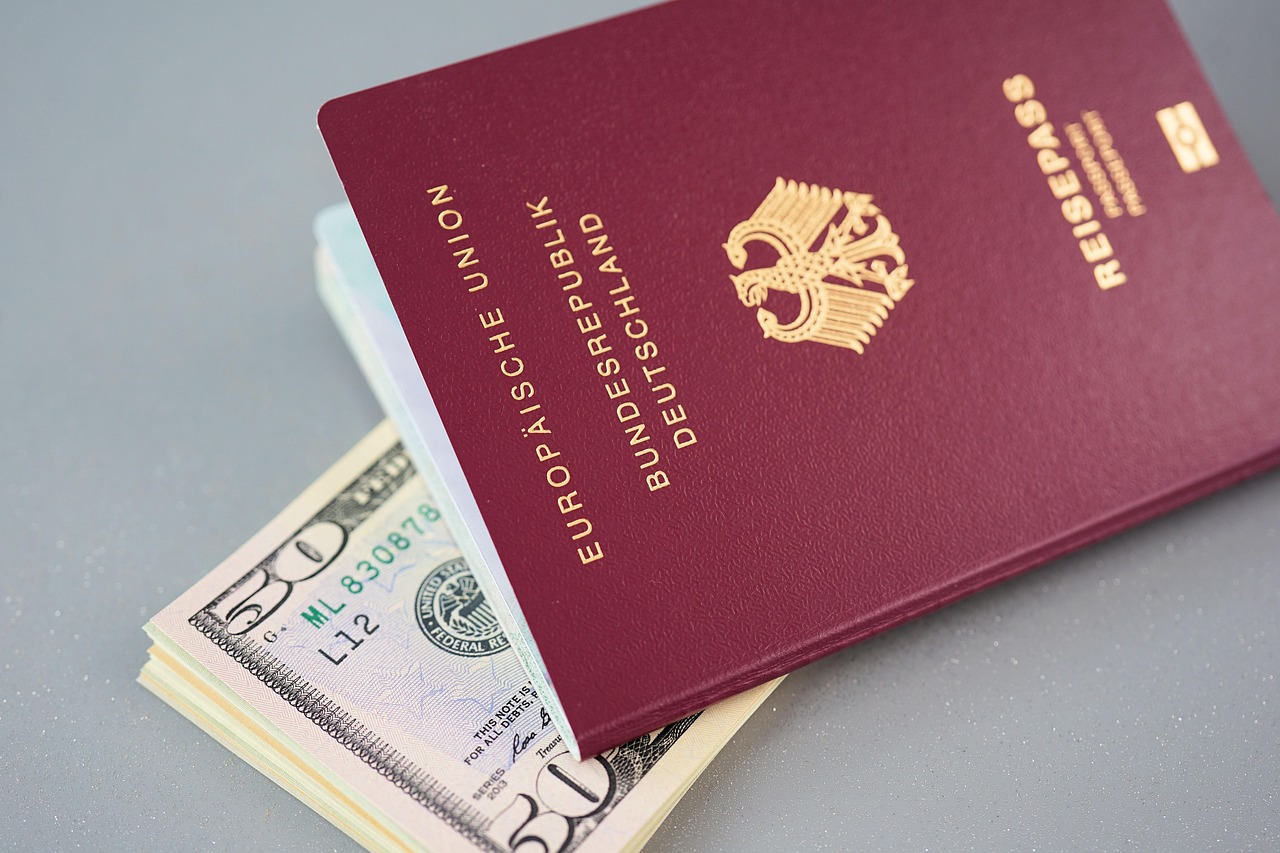Swiss Citizenship for EU and Non-EU Citizens: A Comprehensive Guide

Switzerland, known for its high quality of life, political stability, and strong economy, is a desirable destination for many foreigners seeking to settle permanently. Obtaining Swiss citizenship is a significant milestone that grants individuals full rights and privileges, including the ability to vote and participate in the country’s political processes. However, the path to Swiss citizenship is rigorous and requires meeting strict criteria. This article provides a detailed overview of the process for both EU and non-EU citizens, including eligibility requirements, application procedures, and key considerations.
1. Overview of Swiss Citizenship
Swiss citizenship is highly sought after due to the country’s exceptional standard of living, robust social security system, and global reputation for neutrality and stability. However, Switzerland has one of the most stringent naturalization processes in the world. The process is governed by federal laws, but individual cantons and municipalities also have their own requirements, making it a multi-layered and complex procedure.
There are three main pathways to Swiss citizenship:
- Ordinary Naturalization: For individuals who have resided in Switzerland for a significant period.
- Simplified Naturalization: For spouses of Swiss citizens and certain other special cases.
- Citizenship by Descent: For individuals with Swiss parents or ancestors.
This article focuses on ordinary naturalization, which is the most common route for EU and non-EU citizens.
2. Eligibility Requirements for Ordinary Naturalization
To qualify for ordinary naturalization, applicants must meet the following federal requirements:
2.1 Residency Requirements
- Minimum Residency Period: Applicants must have lived in Switzerland for at least 10 years. This period is reduced to 5 years for spouses of Swiss citizens.
- Cantonal and Municipal Requirements: Each canton and municipality may have additional residency requirements, which can range from 2 to 5 years.
2.2 Integration
Applicants must demonstrate successful integration into Swiss society. This includes:
- Proficiency in one of Switzerland’s national languages (German, French, Italian, or Romansh).
- Adherence to Swiss laws and values.
- Participation in community life and economic independence.
2.3 Clean Criminal Record
Applicants must have a clean criminal record and must not pose a threat to public safety or order.
2.4 Financial Stability
Applicants must prove that they are financially self-sufficient and not dependent on social welfare.
3. Application Process for Ordinary Naturalization
The naturalization process involves multiple steps and can take several years to complete. Below is an overview of the process:
3.1 Preliminary Application
Applicants must submit a preliminary application to the State Secretariat for Migration (SEM) to confirm their eligibility. This step involves providing personal information, proof of residency, and other supporting documents.
3.2 Cantonal and Municipal Approval
Once the federal requirements are met, the application is forwarded to the relevant canton and municipality. Each canton and municipality has its own procedures, which may include interviews, language tests, and integration assessments.
3.3 Public Announcement
In some cantons, the applicant’s intention to naturalize is publicly announced, allowing local residents to raise objections if they have valid concerns.
3.4 Final Approval
If all requirements are met and no objections are raised, the applicant receives final approval and is granted Swiss citizenship.
4. Simplified Naturalization
Simplified naturalization is available to specific groups of individuals, including:
- Spouses of Swiss Citizens: Foreign spouses married to a Swiss citizen for at least 3 years and living in Switzerland for at least 5 years (including 1 year immediately before applying) may apply for simplified naturalization.
- Children of Swiss Citizens: Children born to Swiss parents abroad may apply for simplified naturalization if they meet certain conditions.
The process for simplified naturalization is generally faster and less stringent than ordinary naturalization.
5. Citizenship by Descent
Individuals with Swiss parents or grandparents may be eligible for citizenship by descent. This pathway is available to:
- Children of Swiss Citizens: Children born to at least one Swiss parent automatically acquire Swiss citizenship, regardless of their place of birth.
- Descendants of Swiss Citizens: Individuals with Swiss ancestors may apply for citizenship if they can prove their lineage and meet other requirements.
6. Key Considerations for Applicants
6.1 Language Proficiency
Language skills are a critical component of the naturalization process. Applicants must demonstrate proficiency in a national language at a level equivalent to B1 (oral) and A2 (written) on the Common European Framework of Reference for Languages (CEFR).
6.2 Dual Citizenship
Switzerland allows dual citizenship, meaning applicants do not have to renounce their original nationality to become Swiss citizens.
6.3 Costs
The cost of naturalization varies depending on the canton and municipality but can range from CHF 500 to CHF 2,000 or more.
6.4 Timeframe
The naturalization process can take several years, depending on the complexity of the case and the efficiency of the local authorities.
7. Challenges and Tips for Success
7.1 Strict Requirements
Switzerland’s naturalization process is known for its strict requirements, particularly regarding integration and language proficiency. Applicants should start preparing early by improving their language skills and actively participating in community activities.
7.2 Cantonal Variations
Each canton and municipality has its own requirements, which can add complexity to the process. It is essential to research the specific requirements of the canton where you reside.
7.3 Legal Assistance
Given the complexity of the process, many applicants choose to seek legal assistance or consult with an immigration expert to ensure compliance with all requirements.



